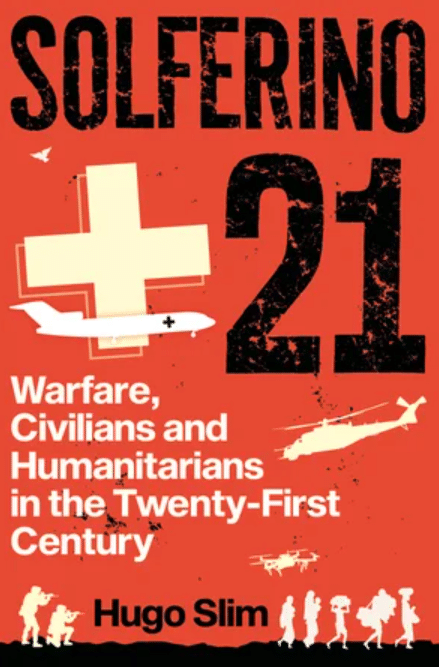
What are the consequences of new technologies, climate change and the localisation agenda for the future of humanitarian principles? Will the principle of humanity survive the critique of anthropocentrism and a call for post-humanism? Should neutrality be maintained in a geopolitical environment where despotic regimes thrive and control humanitarian efforts? And should self-determination be added as a humanitarian principle in order to advance local agency?
Indeed, the humanitarian principles of humanity, neutrality, impartiality and independence are not written in stone in spite of their increased codification, and they are interpreted differently across the humanitarian sector. Familiarity with past and present practices is thus key to principled thinking on the future of humanitarian action.
In this roundtable, Hugo Slim shared some reflections on this topic against the background of his new book Solferino 21: Warfare, Civilians and Humanitarians in the Twenty-First Century. This was followed by an open conversation with roundtable participants.
Dr. Hugo Slim is a senior research fellow at the Las Casas Institute for Social Justice at Blackfriars Hall, University of Oxford and has extensive experience from humanitarian studies and practice, including as Head of Policy and Humanitarian Diplomacy at the International Committee of the Red Cross (ICRC).
The roundtable was organised by the Norwegian Centre for Humanitarian Studies and the Peace Research Institute Oslo (PRIO), in collaboration with the Norwegian Red Cross. The roundtable was chaired by Kristoffer Lidén (Senior Researcher, PRIO and Deputy Co-Director of the NCHS).
This was a closed event held at PRIO in Oslo and on Microsoft Teams.
